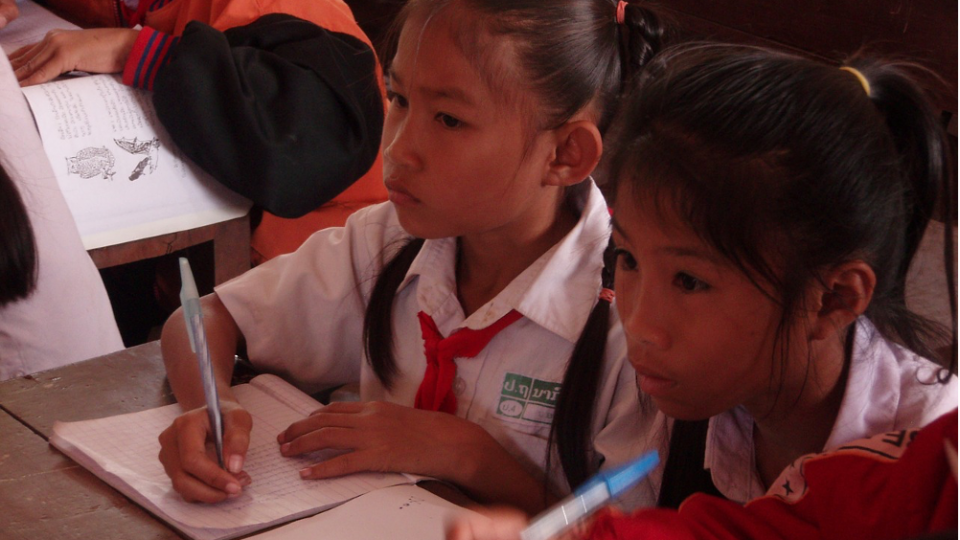The Right To Study For Foreign Minors
One of the problems related to immigration is represented by the lack of integration into the society, both from the point of view of the knowledge of rights and the observance of duties established by the law of the host country.
One of these rights is the schooling of foreign minors: in fact, both Italian and foreign minors have the obligation to attend school and the right to education, regardless of the regularity of their parents’ stay.
What are the laws that regulate the right to study?
The most important norm regarding the right to study is contained in Art. 34 of the Italian Constitution, which states that:
“School is open to all. Lower education, imparted for at least eight years, is compulsory and free. The able and deserving, even if without means, have the right to reach the highest grades of studies. The Republic makes this right effective by means of scholarships, allowances to families, and other provisions, which must be attributed by competition”.
Currently, in Italy, compulsory education is provided for at least ten years, and it is oriented to the achievement of a high school degree or a professional specialization, within the eighteenth year of age.
Another rule that regulates the right to study is contained in the Art. 38 of Legislative Decree no. 286/1998, which provides that:
“Foreign minors present in the territory are subject to compulsory schooling; all the provisions in force concerning the right to education, access to educational services, and participation in the life of the school community apply to them”.
This article states that foreign minors have the right to education regardless of the regularity of their parents’ stay. Therefore, the obligation to attend school does not lapse even if the minor’s parents are irregular in the Italian territory: we can see how the position of the minor is, in this specific case, independent from that of his/her parents.
The last rule on the right to study is included in the Art. 45 of Presidential Decree n. 394/99 and subsequent amendments, which states that the request for enrolment of minors in Italian schools can be exercised at any time during the school year, with the enrollment in the class corresponding to the age of the student.
Failure to comply with the obligation of elementary school by parents or those responsible is criminally punished, according to the provisions of Art. 731 of the Penal Code.
In conclusion, we can affirm that the State has set up an orchestrated system of guarantees and protections for minors residing on the national territory, which can guarantee their full development and integration into Italian society.





